The buzzing business of beekeeping
Mr. Collins enjoys hobby
When you see a bee, what is your first reaction? Try to swat at it or maybe run away?
Well, science teacher Tommy Collins sees bees as a declining species and wants to help.
The second-year GRC teacher decided to pick up beekeeping as a hobby around six years ago and now is making honey to share and sell.
“Almost a decade ago there were continual news stories about declining bee populations and the threat that this posed to our agricultural sector,” he said. “I began to think about what I might be able to do to help. I have always been a gardener so I thought — why not try my hand at beekeeping.”
After early failures, Collins decided to hold off until he became better educated on the subject of beekeeping. About a year later, a friend offered Collins a colony and he has been successfully beekeeping ever since.
“This is my third year with that colony and I have a second colony established from that one,” says Collins. “My greatest successes to date have happened in the last three years.”
Collins lives on a plot of land outside the city limits and maintains his two healthy hives that add up to around 60,000 to 100,000 bees on the property.
“They are not as great a threat as I was led to believe as a kid,” he says. ” The key is to just leave them alone unless you are working with them.”
Collins’s two-hive operation may be small but it gives him plenty of enjoyment.
“ I love to watch them fly in and out of the hive carrying in pollen and nectar,” says Collins. “There is nothing more beautiful to me than seeing a returning worker bee will full pollen sacs glowing with orange, yellow, or red pollen.”
As it starts to get colder, the bees won’t be pollinating much anymore but Collins will be ready for the harvest whenever it comes.
“The bees enter into a sort of hibernation stage where they form a ball in the center of their hive maintaining warmth for the queen,” he explains. “They feed during the winter on the stored honey and pollen in the hive.”
Even as an established beekeeper, Collins said he still occasionally gets stung.
“I know some beekeepers who pay no attention to a sting and a few who say they rarely get stung even without protective clothing,” he explains. “I do not enjoy bee stings so I wear my protective suit every time I open the hives.”
Alongside beekeeping, Collins also gardens in his free time and sees beekeeping as an extension of gardening.
“In order to produce most vegetables in the garden you need dependable pollinators,” he says. “The bees take care of the pollination and I get honey as a bonus; it’s a win – win situation.”
What about the honey? He can’t keep it all for himself, you may wonder.
Well, this year, Collins actually started to sell the harvest of honey to his friends and family. He keeps a list of people who have contacted him about buying his honey and goes down the list when the harvest is done.
He’s already sold out, but who knows — maybe you can get in on buying some sweet honey after the next harvest.

Lily is most afraid of zombies. She thinks Goldfish are better than Whales because they have the milk carton box. If she were a type of shoe, she would be Doc Martens. If she were stuck at one age forever,...


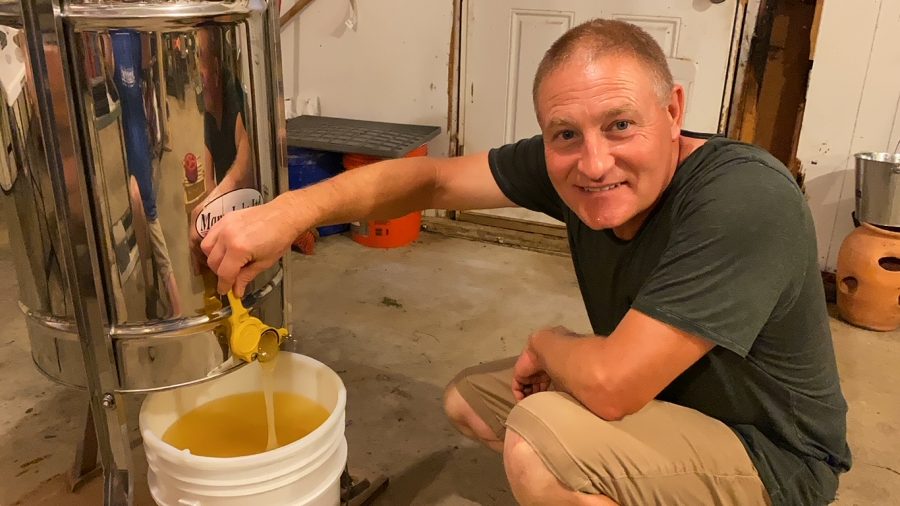
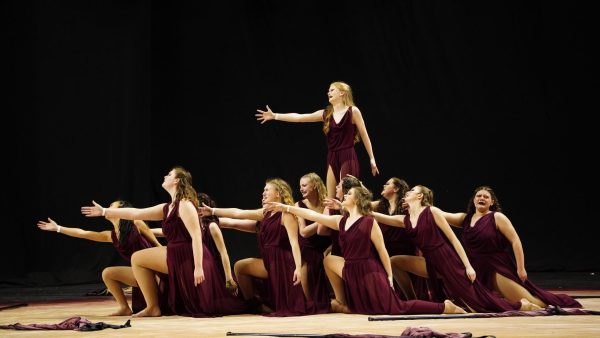

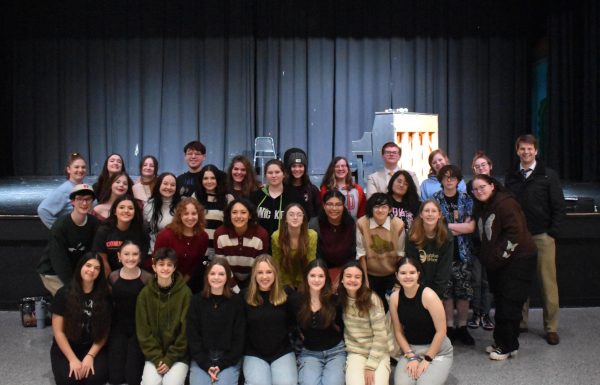
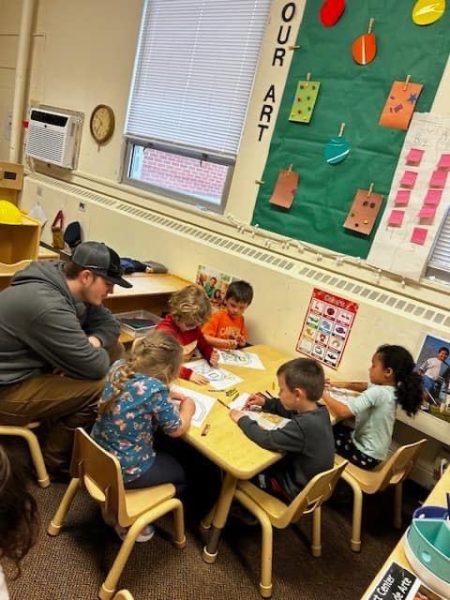
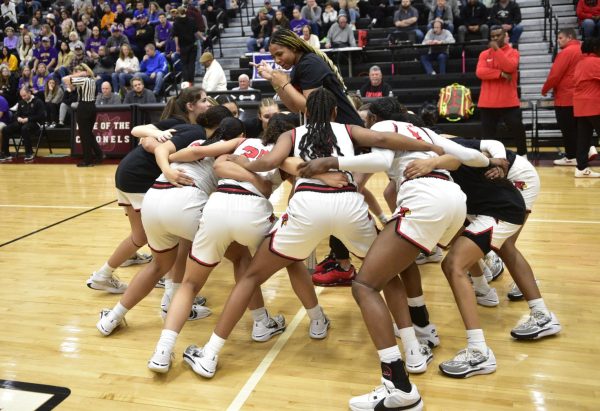

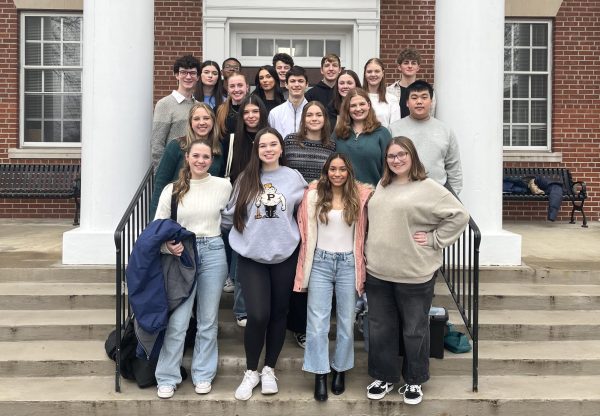

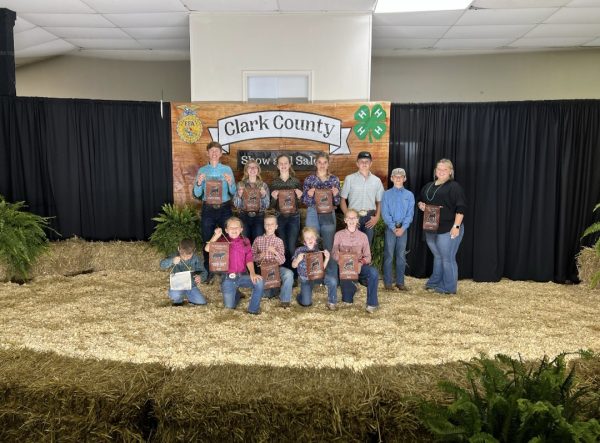
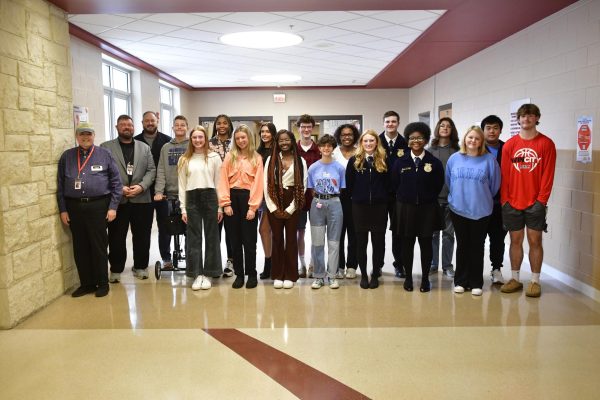

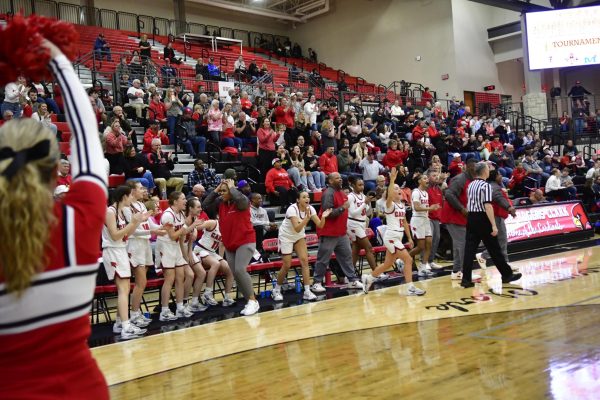
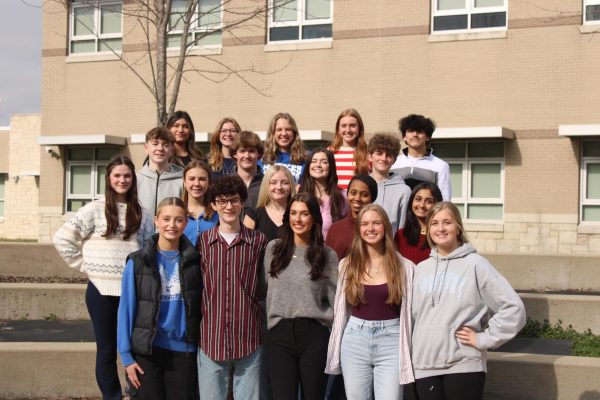
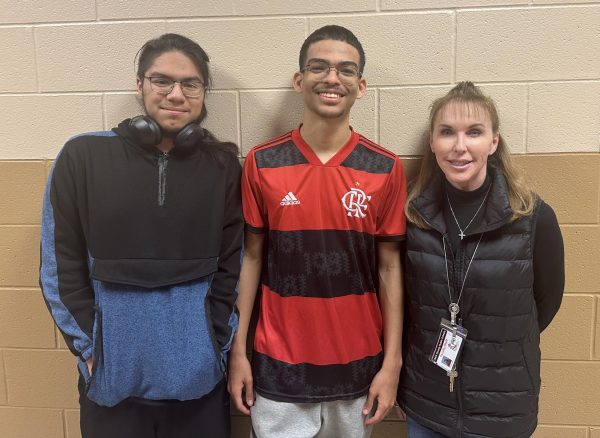

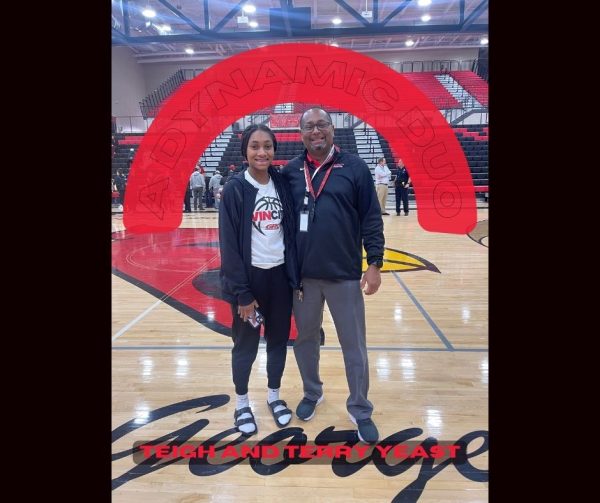

Eloise Lynch • Nov 23, 2020 at 2:15 pm
Very informative! And persuasive–suddenly, I see space for beehives in my backyard. Thanks, Ms. Fogle!